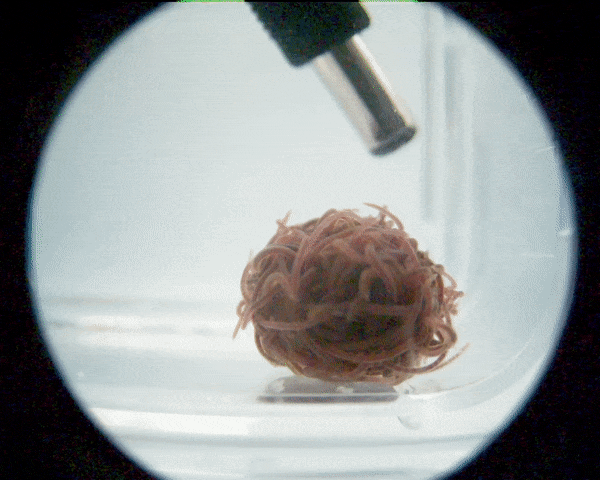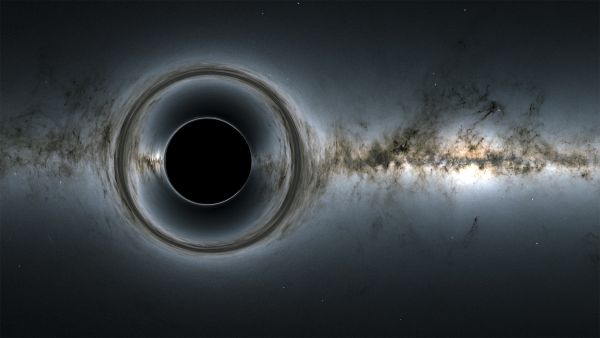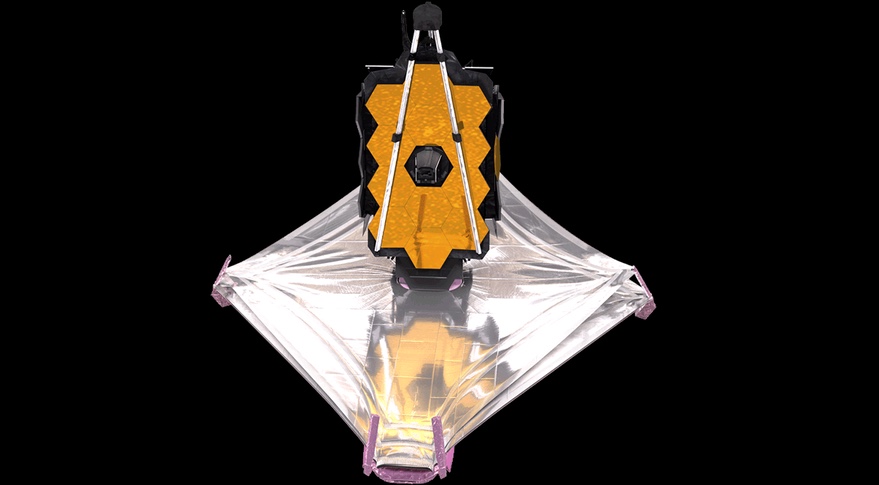The
Russia space program may be in a worse situation than known to the general public. A long and acidic article published by the newspaper MK, a traditional newspaper in the country, went down in flames in Roscosmos and its director Dmitry Rogozin, basically asking for his head on a silver platter.
- Russia shoots down satellite with missile and creates bad day for ISS
- In Russia, publish space news now is illegal
The content of the article is not very new, external vehicles that monitor the Russian program are aware of the difficulties that Roscosmos has been going through, which also includes management problems. The novelty, which surprised many people, is to see a press vehicle duly sanctioned by the Kremlin, openly criticizing the Russian space agency.
- Komsomol, the former Communist Youth Union. With the dissolution of the body in 1991, MK remained one of the most traditional newspapers in Russia, being a vehicle perfectly aligned with the determinations of Moscow.
Given the little appreciation of Vladimir Putin’s government for free thought and so on, it is surprising to see a sanctioned newspaper with official permission to publish news concerning to space,
to the detriment of independent individuals and vehicles, publish a critical article to a strategic body.There is motivation, however. The article was signed by journalist Dmitry Popov, who has written for MK since 1992 and is particularly recognized by the government, having received numerous awards over the years. of your career. His intention would be to blow the Roscosmos situation on the fan, in the eyes of the entire nation, in order to force Moscow’s hand to urgently solve the problem, before the Russian space program collapses for good.
The article opens with the title “The Space Program is Rotting Inside”, and already in the first paragraph, it points out problems such as lack of qualified personnel, use of outdated facilities and technologies ( just look at the Soyuz, which although they work, are immutable resources for almost 60 years), and what he called “systemic weakness in leadership”.
Dmitry Rogozin, Director of Roscosmos (credit: Reuters)
According to Popov, in the period alone, the Roscosmos branches would have caused a loss of US$ 67.7 million to the public coffers, and it does not stop there. In another example given in the article, the Khrunichev Center for State Research and Space Production, a Moscow laboratory dedicated to rocket propulsion, another Roscosmos subsidiary, has committed to deliver 10 Angara A5 booster packs by 2016; the first five were only ready in March 2021, and there is no forecast of when the rest will be completed.
The article informs that Roscosmos is having problems to build even beyond optimized technologies, such as Soyuz and Progress capsules, citing the MS-16 docking problems in February 2021. Basically, the (ir)responsible professionals did not verify the sealing process before launch, which prevented automatic coupling.
What does Roscosmos use as a sealant? This:
To be fair, epoxy has always been used in the aerospace industry, with reinforcements like glass, boron, carbon and Kevlar, but you couldn’t miss the joke (Credit: Disclosure/Henkel)CHEMEX, the company contracted to supply the epoxy resin to be used in MS-16, would not have been able to produce its own material, and resorted to purchasing it from a third party, and although the specifications were met, Roscosmos would not have been informed about the true origin of the resin, until the moment of the coupling problem in the MS-16 emerge.
Popov also criticized Germany’s dependence on the acquisition of chemicals used in the production of hydrogen peroxide fuel, which powers the capsules and Soyuz rockets, citing sanctions tions to be applied against Russia by the European Union. The journalist points out that “the west can interrupt the space program with a stroke of the pen”, and that the ideal would be for the country to become self-sufficient again.
The Cosmodrome Vostochny, built in eastern Russia seen by President Putin as a priority for the space program, has also been criticized. The article points out that the Rogozin administration would have delivered only 200 structures out of the 1,200 projected, 40% of them have not even started work, and because of that, the launch of the Angara A5 rockets, which were supposed to be done in 2021, were left for 2023, if that. .
Regarding the lunar program, Popov criticized the Oryol (“Eagle” in Russian) capsule project, which should replace the Soyuz. Designed in 2009, they still haven’t left the design phase and continue to consume money, and compared them to Crew Dragon, previously overlooked by Rogozin, whose works began in the same year and are already in full use. Criticism was also reserved for the annual release promises, which were not fulfilled in 2019 (44 planned, 25 carried out), 2020 (40 and 17) and 2021 (less than half of the 47 promised).
To resolve this issue, Roscosmos has decided that from now on, it will no longer disclose the number of launches planned annually.
- Soyuz-TMA capsule, 4th generation Russian spacecraft, seen from the ISS (Credit: Thegreenj/Wikimedia Commons)
Overall, Popov sees Roscosmos and its affiliates as a gigantic money sink, whether in late projects, broken promises, fraud and overpriced salaries of their leaders. Rogozin, for example, would have a life of luxury maintained by an annual income of approximately US$ 460 thousand, values that are not very different from those paid by Moscow to other executives; the agency’s technicians would have salaries between US$ 500 and US$ 1,000, ridiculously low.
The journalist of MK concludes his article by calling for “political will” to be injected into the administration of Roscosmos, so as to “impose order” and prevent “billions, or even trillions of rubles ” continue to be wasted, while the Russian space program would be collapsing in plain sight, something that if not previously known by the global media, was already a point of distrust for some time.
It is interesting to see that a vehicle sanctioned by the Russian government has put its finger on the wound and opened up the problems of Roscosmos to the entire population, almost forcing President Putin’s hand to act. The question, however, is who he will bring down the hammer and sickle: if in Rogozin, or in Popov and in MK.
Source: MK (in Russian),
Ars Technica
Much of the criticism is aimed at Roscosmos director Dmitry Rogozin, who is “very close” to Putin. In March 2020, he took over contracts from the Ministry of Defense by state corporations, so as to direct the works to the subsidiary companies of the Russian space agency. However, an audit showed that not only were these companies not meeting the deadlines, but since 2019 more than 60 criminal cases have been filed against them, on charges of fraud and general abuse.
The MK, formerly known as Moscovsky Komsomolets, is a newspaper dating back to the former Soviet Union, having been the original vehicle for disseminating propaganda from
- Komsomol, the former Communist Youth Union. With the dissolution of the body in 1991, MK remained one of the most traditional newspapers in Russia, being a vehicle perfectly aligned with the determinations of Moscow.














![[Magazine] "Become a Master of Manners Useful for Life" Monthly Air Stage November 2009 Issue thumbnail](https://www.aviationwire.jp/wp-content/uploads/2021/09/210928_airstage2111-720.jpg)
